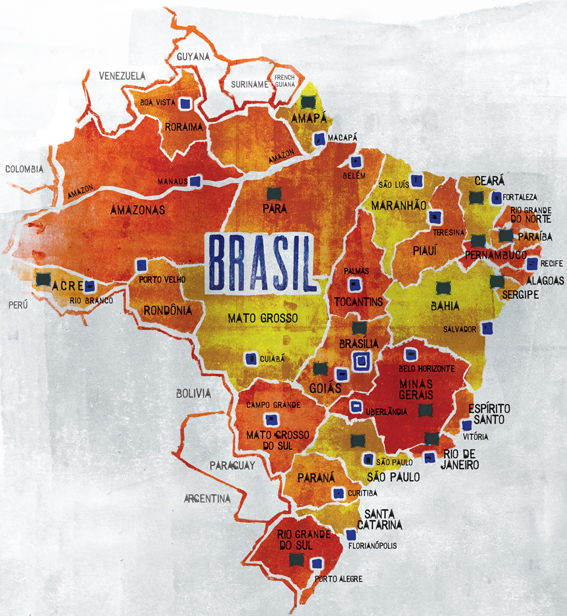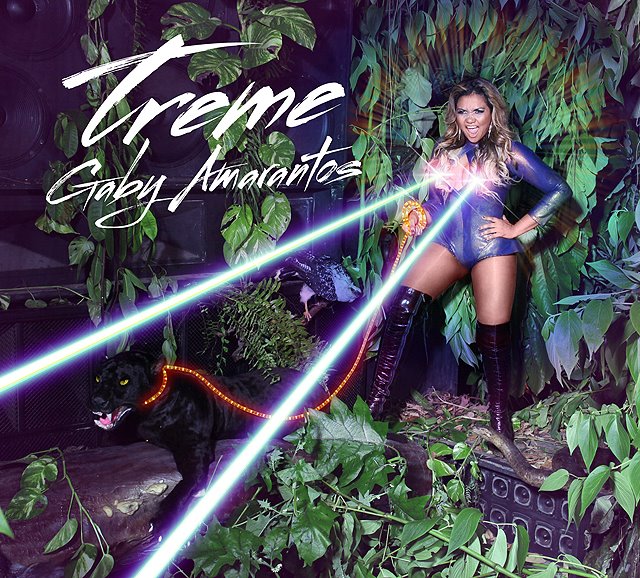Afropop Contributor Sam Backer sits down (digitally at least) with the DJ Mais um Gringo, the mysterious founder of the Mais um Discos label.
Sam: Hey. It’s nice to finally get a chance to talk with you. To start with, I just wanted to say that I’ve really loved the EPs [from the Mais Um Discos digital download series] that you’ve been putting out.
Mais Um Gringo: Oh, cool. Thanks man.
S: No problem! You actually turned me on to techno-brega, which is really amazing music. Actually, we played some on a show about international dance trends that aired recently.
M: Oh did you? Is that on soundcloud? Is that spring 2012 dance party?
S: Yes it is.
M: That sounds good. That’s the kind of title I’m interested in- I’ll have to check that out. I’m glad you liked it! One more convert to the cause is definitely necessary. Do you know Gaby Amarantos?
S: That was probably the track I liked best off of the EP.
M: She’s kind of taking it in more of a pop direction. She’s actually becoming a massive star in Brazil. It’s amazing- Brazil’s such a big country, so most of the music comes from it’s central regions- like Minis Gerais, Sao Paulo, or Rio- and often these kind of satellite states like the Amazon have music, and it’s big in the Amazon, but it doesn’t leave that region. It just stays there. And it’s partly because the country’s so big, you know- to fly from Belem in the Amazon to go down to Sao Paolo is six or seven hours. It’s like crossing Europe! But now Gaby has got this record deal with Som Livre, [a major Brazilian label] which is owned by O Globo [Organizações Globo, the largest media conglomeration in South America]. And O Globo owns the biggest TV station in Brazil, so they’ve taken her record, and they’re putting her on TV all the time.
S: Her new music video is great.










